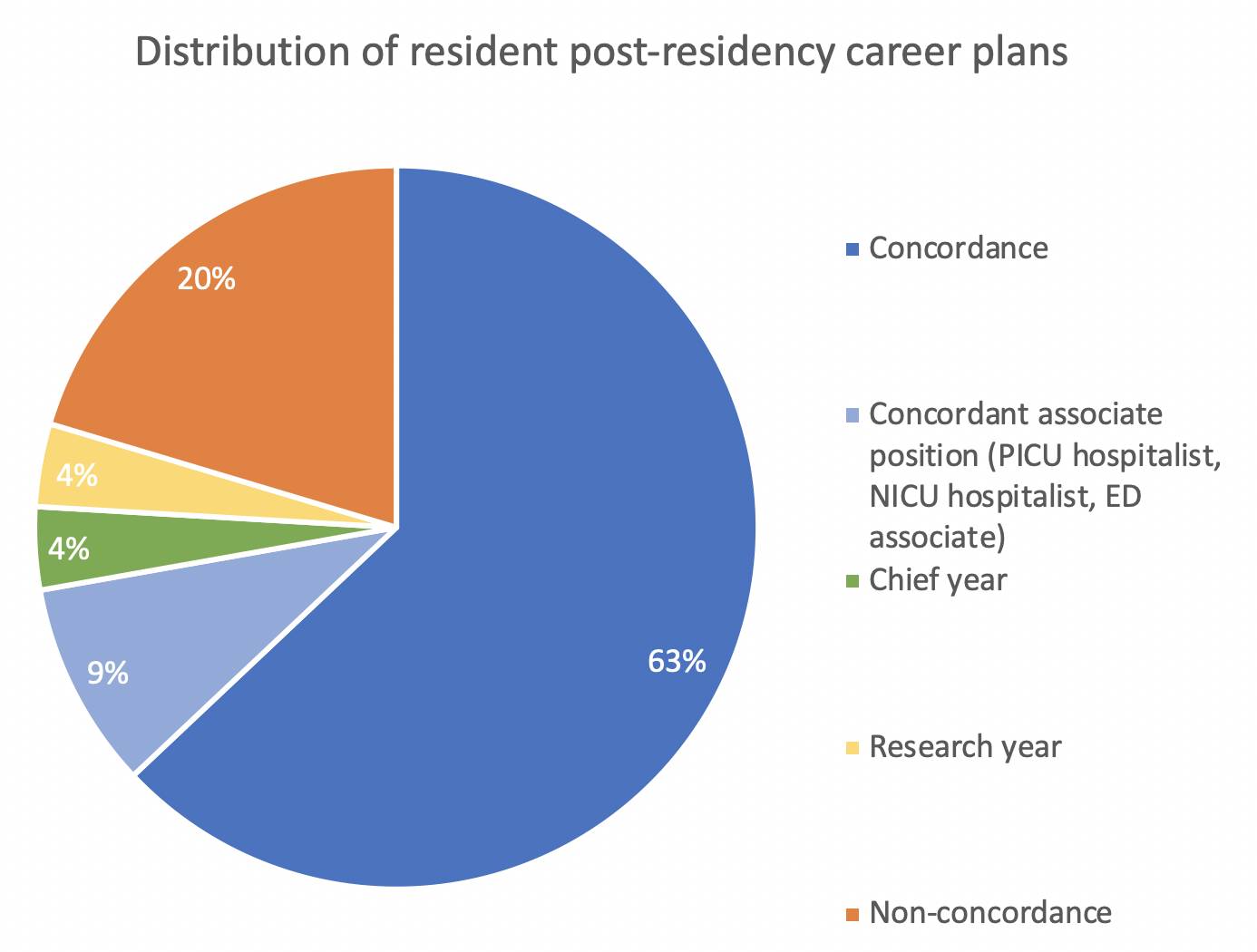Medical Education: Resident
Medical Education 15: Resident 6
504 - Be a Buddy, Implementation and Perspectives on a Near-Peer Mentorship Program
Publication Number: 504.423

Brandon Ho, MD (he/him/his)
Pediatric Emergency Medicine Fellow
Children's National Hospital
Washington, District of Columbia, United States
Presenting Author(s)
Background:
Mentorship is essential to a resident’s career development. The evidence for mentorship is largely focused on traditional faculty-resident mentorship, with limited assessment of fellows as near-peer mentors. Fellows may be a unique and underutilized resource given their proximity to the role of resident trainees. Our intervention hopes to develop and assess a resident-fellow mentorship initiative.
Objective:
To evaluate residents’ and fellows’ attitudes and beliefs around fellows serving as mentors to residents and to assess if a fellow-resident mentorship program could enhance career development for residents interested in subspecialty careers.
Design/Methods:
From January 2020 to January 2022, 74 residents and 72 fellows were enrolled in the Bear Buddies Mentorship Program. Residents were matched with fellows based on career subspecialty interests. Participants completed a pre-intervention survey that assessed experiences with prior mentorship, attitudes towards mentorship, and confidence in fellows as mentors in various domains (research, clinical skills, applications, networking, and lifestyle). Residents' career plans upon graduation will be tracked.
Results:
53 (77%) mentees and 68 (94%) mentors completed the pre-intervention survey. 98% of mentees and 81% of fellows agree that career mentorship is important. Notably, 49% of residents and 29% of fellows identified prior experience with fellows as mentors (Figure 1). 94% of residents felt comfortable having a fellow as a mentor and 86% of fellows felt comfortable mentoring a resident. Resident main priorities in seeking mentorship were: fellowship/job applications, research, and networking (Figure 2). Fellow priorities were: fellowship/job applications, transitioning, and research (Figure 2). Overall, residents felt confident fellows could address all domains. Interestingly, fellows expressed the least confidence in addressing research and networking. Preliminary results show 63% concordance between mentor specialty and career selection. 17% are taking gap years (chief, research, or associate positions in a concordant field) and 20% are non-concordant (Figure 3).
Conclusion(s):
There was a clear interest in the program from both residents and fellows and a readiness to accept a near-peer fellow in the mentorship role. The collection of post-intervention surveys is in progress. We anticipate that the post-intervention results will demonstrate the benefits of developing near-peer mentorship opportunities as an added layer of support in pediatric training programs..jpg)
.jpg)

